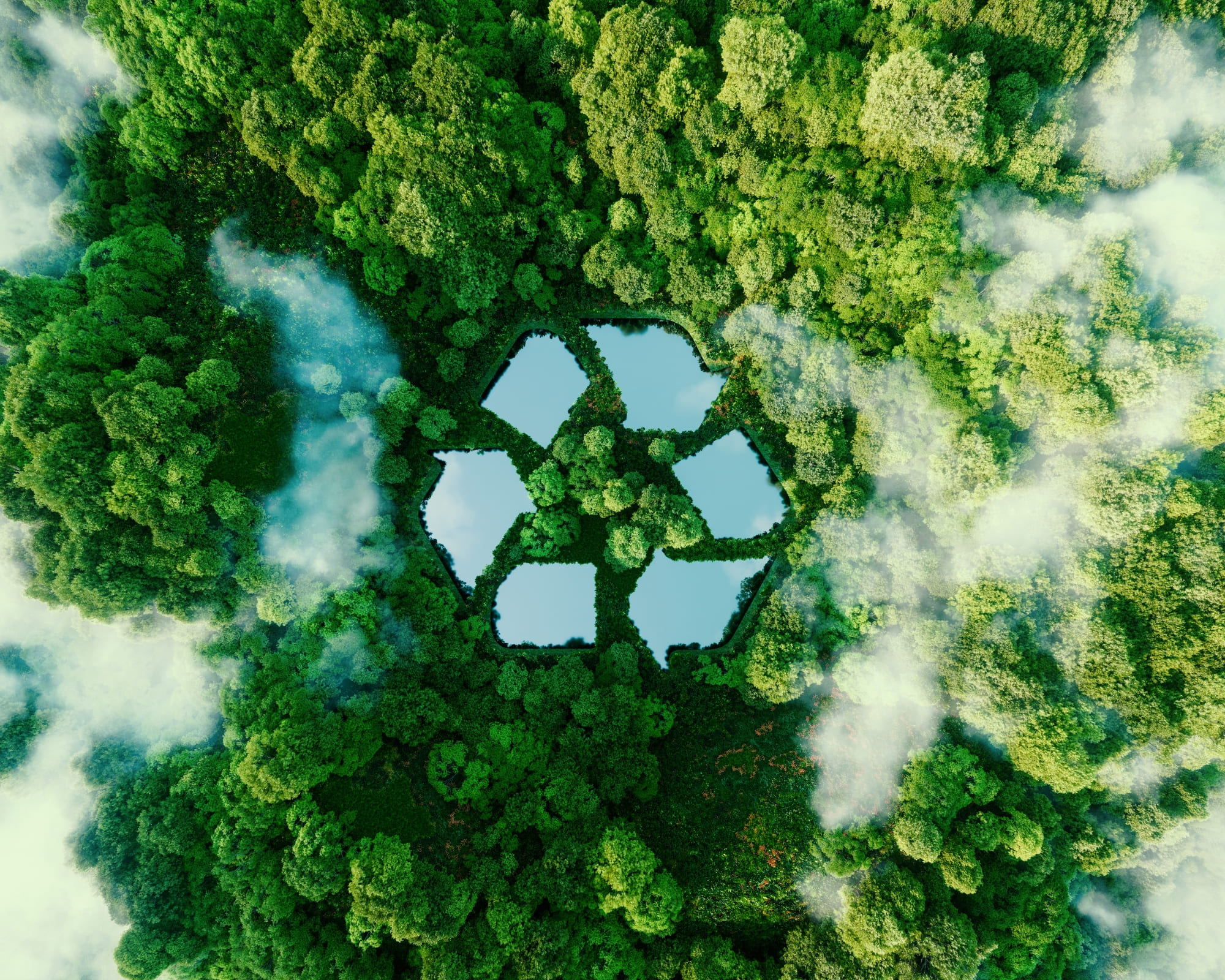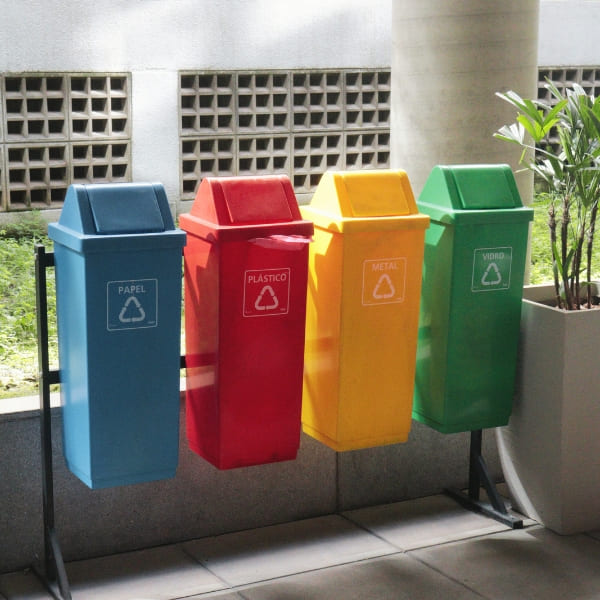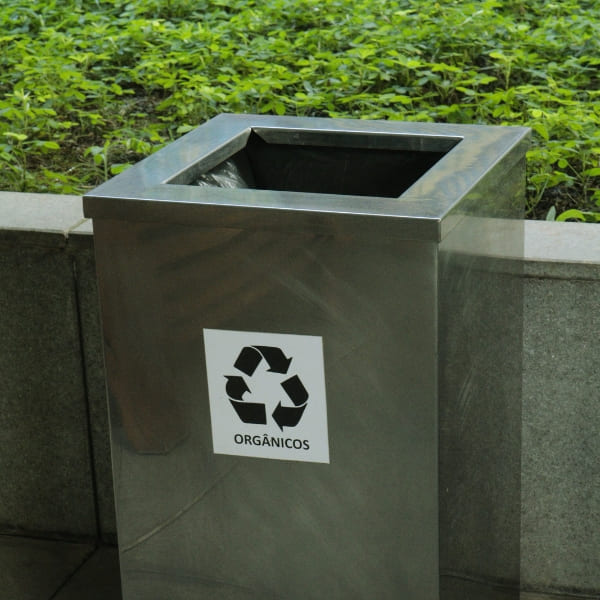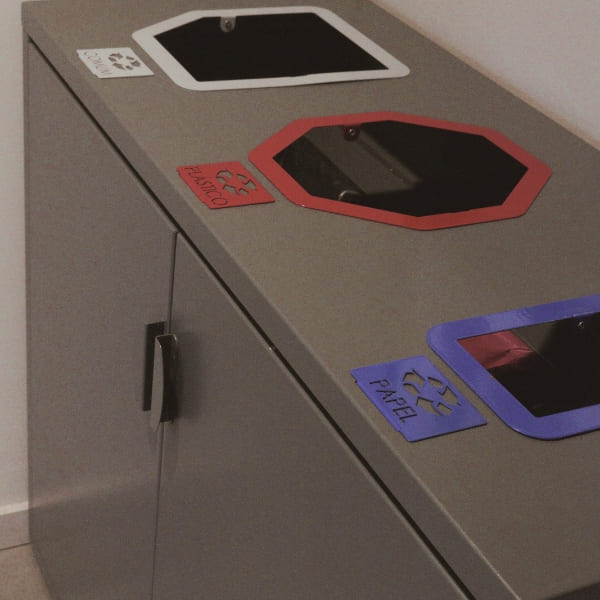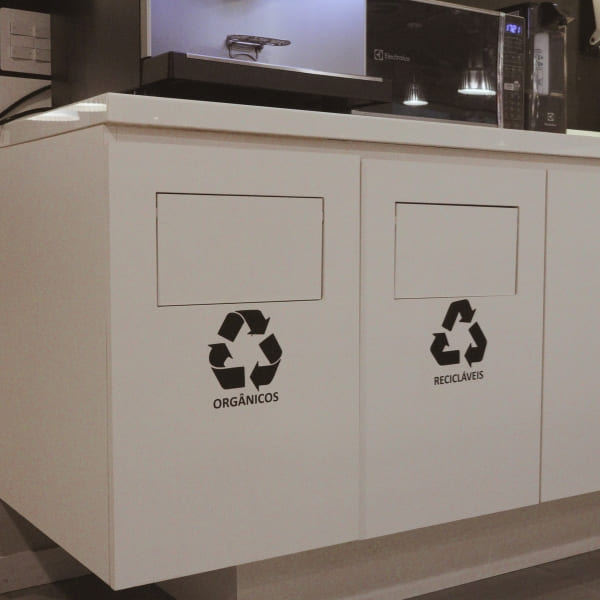Learn how to separate waste correctly and support recycling
Trash is serious business. PlanetaEXO, a company based in São Paulo that works with nature tourism and positive impact, wants to broaden the debate about the destination of this waste and encourage more conscious habits. In the capital of São Paulo, for example, more than 12 million inhabitants generate a huge amount of waste every day. This is how the Café com Propósito was born, an event created in partnership with Spaces Vila Madalena, to promote reflection and local solutions.
São Paulo produces around 12,000 tons of waste a day, according to Recicla Sampa. Each person generates an average of 1.5 kg of waste every day. Yet most people don’t see themselves as part of the problem or the solution. There is an entire system behind waste collection, with cooperatives, sorting and collectors, which depends on our cooperation.
Understanding what happens to waste after it leaves our homes is the first step. Separating waste correctly prevents damage to the environment and helps those working in the recycling chain. Getting informed is the start of change. So here are some practical ways to separate waste correctly:
1 – Wet and dry waste should be separated
Avoid mixing wet waste (food waste, leaves and dirty paper) with recyclables. Wash and dry packaging before disposing of it (that’s right!). If possible, create a compost bin to turn organic waste into natural fertilizer (humus).
For example, here at Spaces Vila Madalena the separation is done by named garbage cans, into organic and recyclable waste. Employees who use the space are encouraged to dispose of it correctly, and thus collaborate in the process.
- .
- .
- .
- Fotos: Cauã Santos
2 – Not all waste goes in the same bag
Syringes, razors and broken glass should not be put out with the regular garbage. To avoid accidents with collectors, put them in separate bins or bags marked “contains sharp object”. If you also want to avoid incidents with animals, the use of bins is even more recommended.
3 – Pay attention to special waste
These are materials that can’t go either in the regular garbage or in the separate collection: cells, batteries, light bulbs, cooking oil, tires, medicines, electronics, etc. This waste contains toxic substances and can cause serious damage to the environment if disposed of incorrectly. The Recicla Sampa platform indicates collection points in São Paulo for each type of material.
4 – Avoid using black bags
It sounds like a detail, but it makes a difference: white or blue bags make it easier for collectors to identify the contents, speeding up separation and sorting for recycling.
5 – Get to know and support local initiatives
In Brazil, there are more than 800,000 waste pickers, according to data from EBC. They are responsible for 58% of the country’s plastic collection. Many work in cooperatives, which play a fundamental role in the recycling chain and in generating income. Supporting these movements, whether with donations or these simple actions of separating waste for recycling, is part of the incentive.
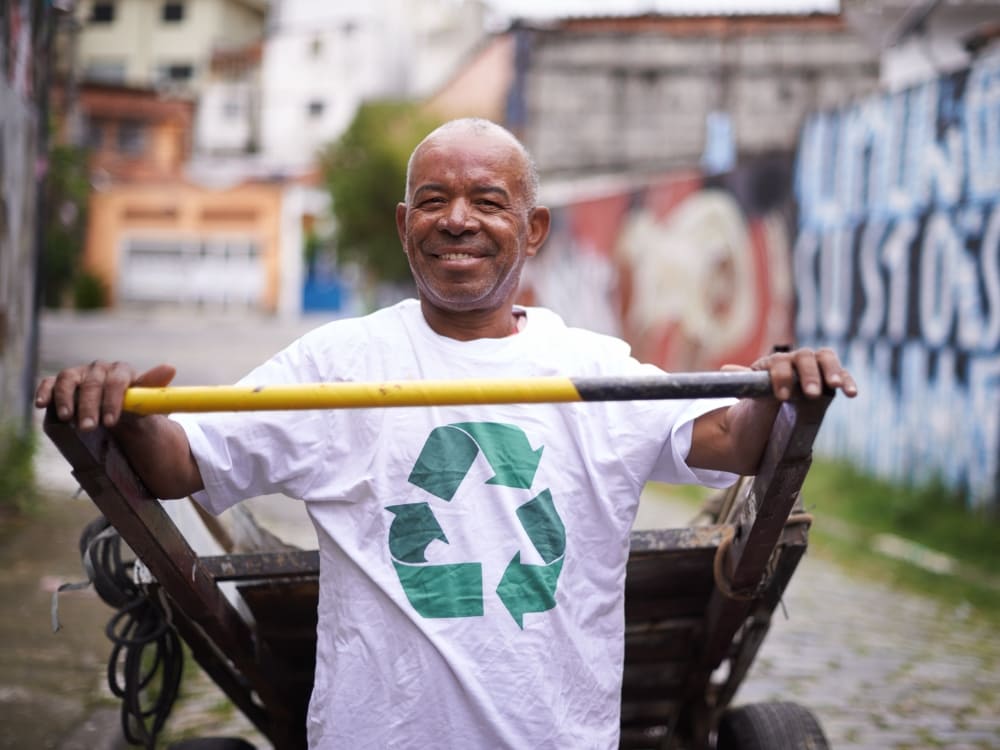
Photo: People Images
6 – Understand the types of plastic
Not all plastic is the same. There are two main ones: those with a long life (such as those found in electronics) and those with a short life (such as disposable packaging). The latter accounts for more than 30% of the world’s plastic production and is often used only once.
Plastic can take up to 400 years to decompose, so it is essential to reduce its use and prefer recyclable or biodegradable packaging.
7 – … And speaking of plastic
In Brazil, less than 2% of plastic is recycled. This shows that we still have a long way to go. Look for the recycling symbol on packaging. When it is there, it is a sign that the material can be recycled. Even if there is no symbol, dispose of it in dry bags so that the sorting work can be done by cooperatives or recycling centers.
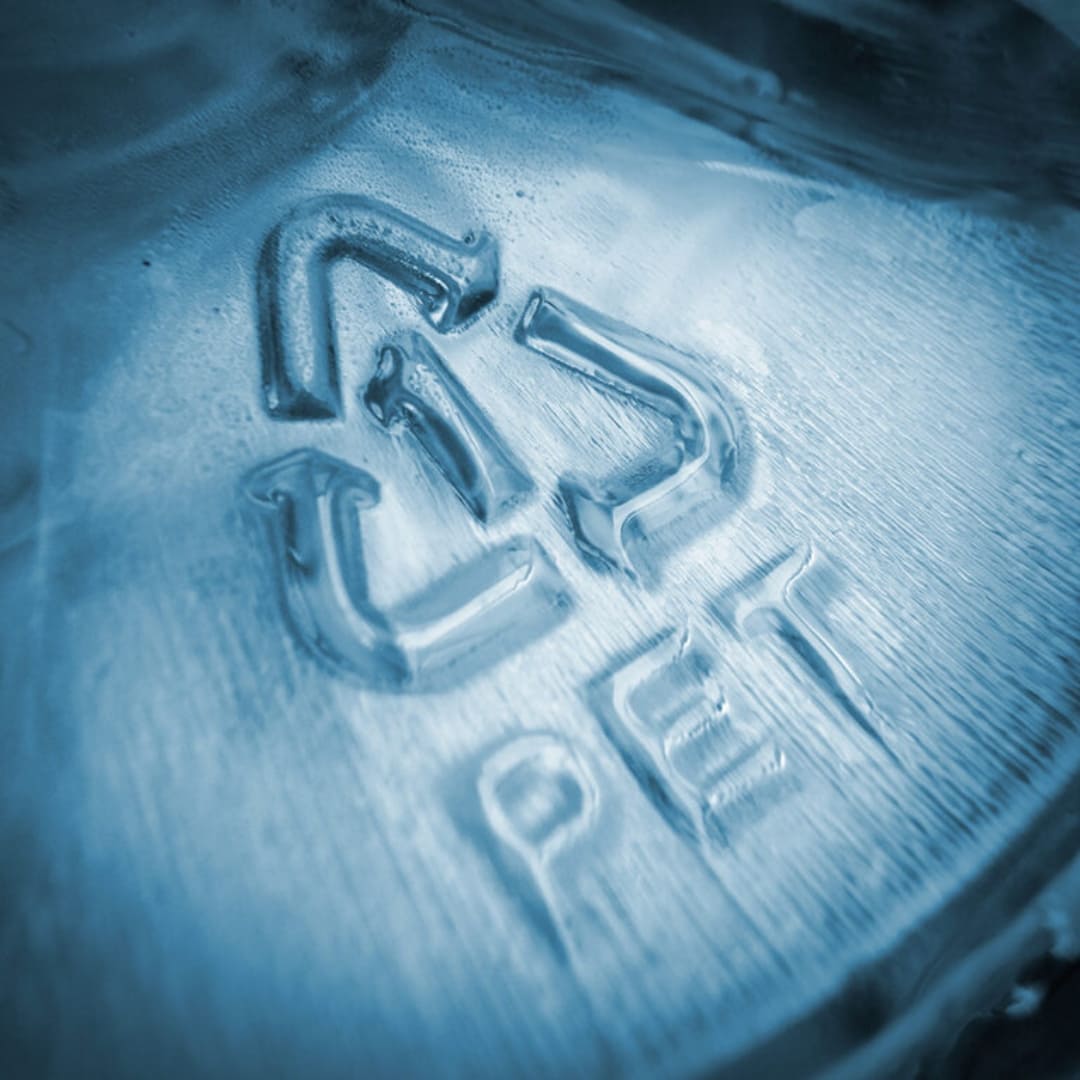
Photo : Plastico.com
Don’t just throw it away?
There is no such thing as “away”. When we throw something “away”, we usually think that the problem disappears. But everything we produce continues on the planet. Soil, rivers, oceans and even the air we breathe can be impacted by what we dispose of incorrectly.
That’s why it’s essential to rethink our habits and adopt a more responsible attitude. Simple everyday attitudes are part of a collective effort that transforms the fate of waste and the future of the planet.
The role of PlanetaEXO
At PlanetaEXO, we believe that every adventure can have a positive impact. That’s why, in addition to promoting sustainable travel in nature, we are always updating our environmental practices and strengthening partnerships with local communities. We understand that change starts with us, and we want to walk side by side with those who believe the same.
If you’ve read this far, don’t stop at the content: put it into practice. And share it. The world needs more people committed to this cause.

